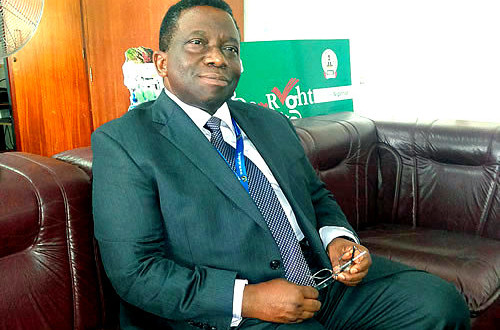Ukwuije, who made this disclosure in Lagos on Monday during the World Malaria Day organised by ONE.Org, a civil society organisation campaigning to end extreme poverty and preventable disease, especially in Africa, said the Ministry of Health is committed to operationalising the National Health Act, signed in 2014.
He shared the opinion of other stakeholders at the event who said that the 2016 health budget pegged at 4.13 per cent of the total budget was a far cry from the 15 per cent which African countries, including Nigeria, agreed on in Abuja 15 years ago. The Abuja Declaration of 2001 recommends that African states should increase health spending to 15 per cent of the national budget, but Nigeria is yet to meet the mark 15 years later.
In 2001, 4.5 per cent of Nigeria’s government expenditure was allocated to health. By 2015, this figure has only increased to 6.8 per cent of the total government expenditure and Nigeria’s 2016 Appropriation Bill allocates only 4.3 per cent to health. “This is unacceptable,” said the Co-ordinator of the African Health, Human and Social Development (Afri-Dev) and Head of Secretariat of the Africa Coalition, Rotimi Sankore.
According to Sankore, Nigeria at the moment does not have what can be described as health care system. “It simply does not exist,” he said. The Chairman, Board of Trustees, Health Reform Foundation of Nigeria (HERFON), Dr. Ben Anyene, traced the origin of poor healthcare system in Nigeria to the 1999 Constitution, which leaves out the issue of well-being of Nigerians in its provisions.
“There is no single health provision in the 1999 Constitution,” he said. Meanwhile, according to World Bank World Development indicators, life expectancy in Nigeria is 52.8 years compared with 61 years in Ghana and 64 in Ethiopia.
Source: MWN

 The Federal Ministry of Health is planning to establish 10,000 functional primary health care centres across the country between now and 2018, said a senior officer in the ministry.
The Federal Ministry of Health is planning to establish 10,000 functional primary health care centres across the country between now and 2018, said a senior officer in the ministry. 




